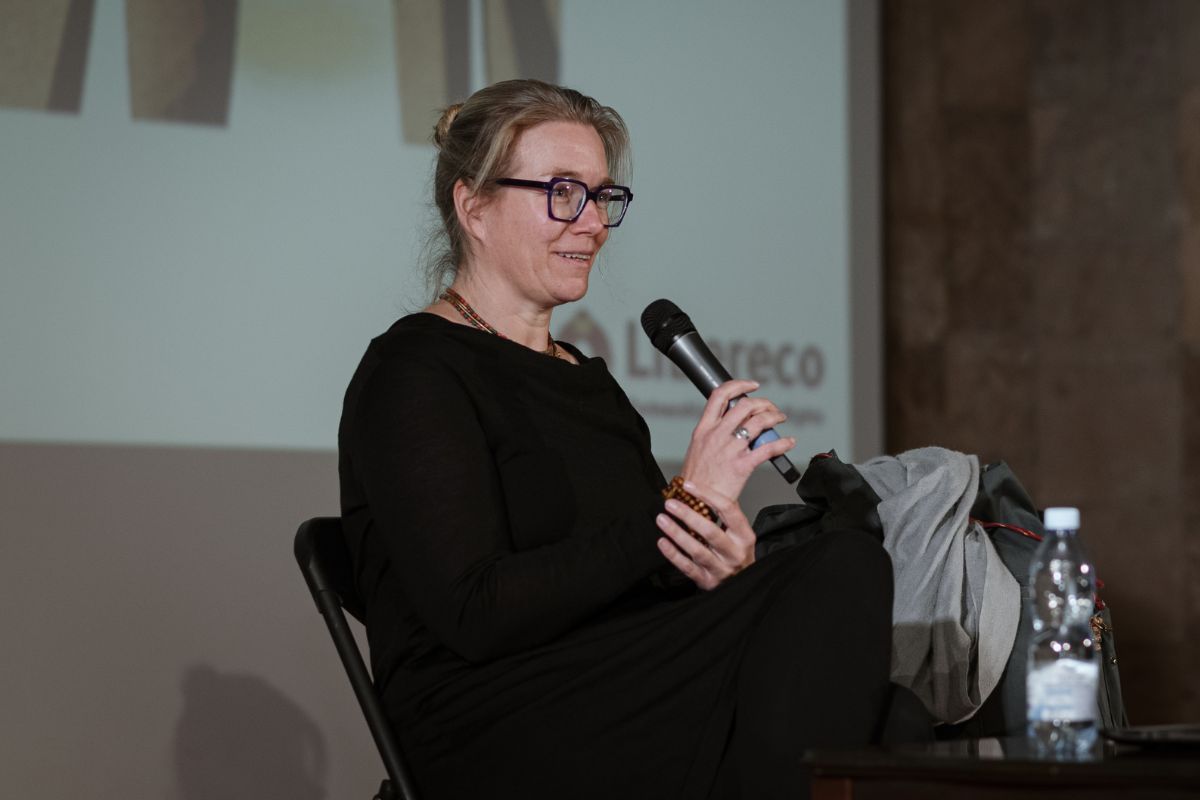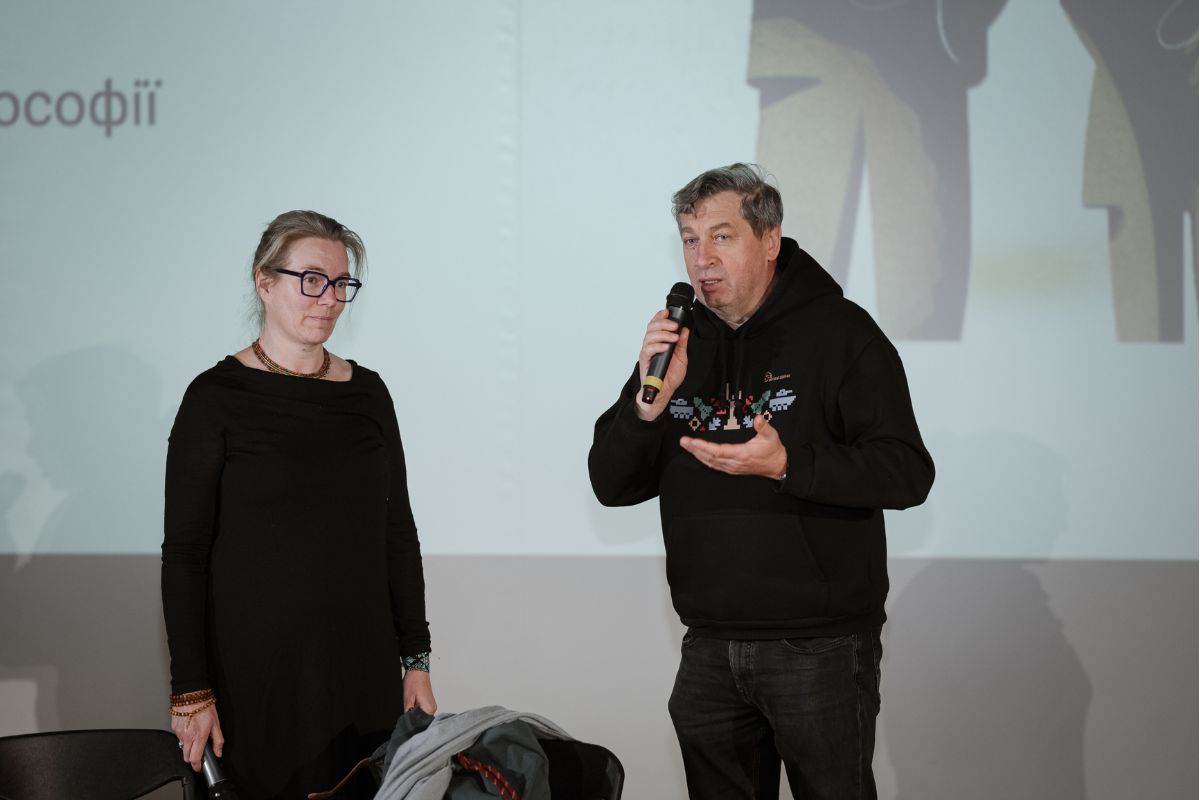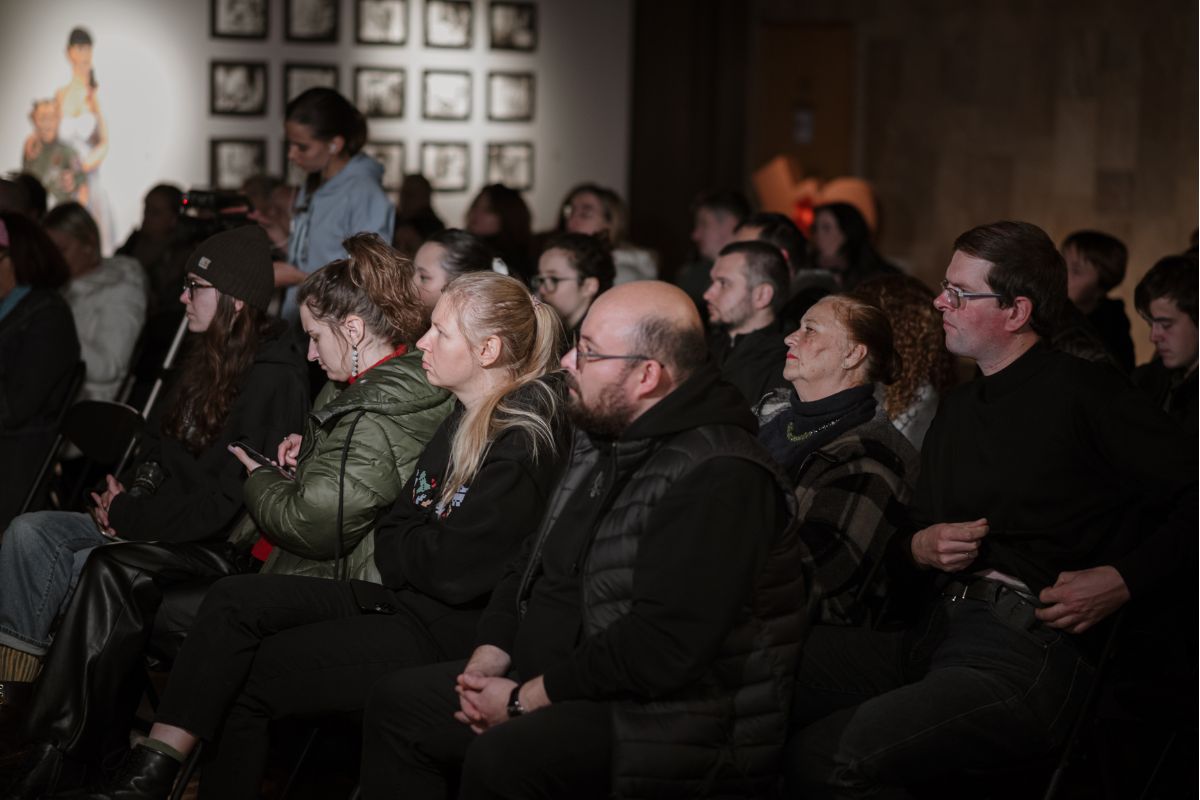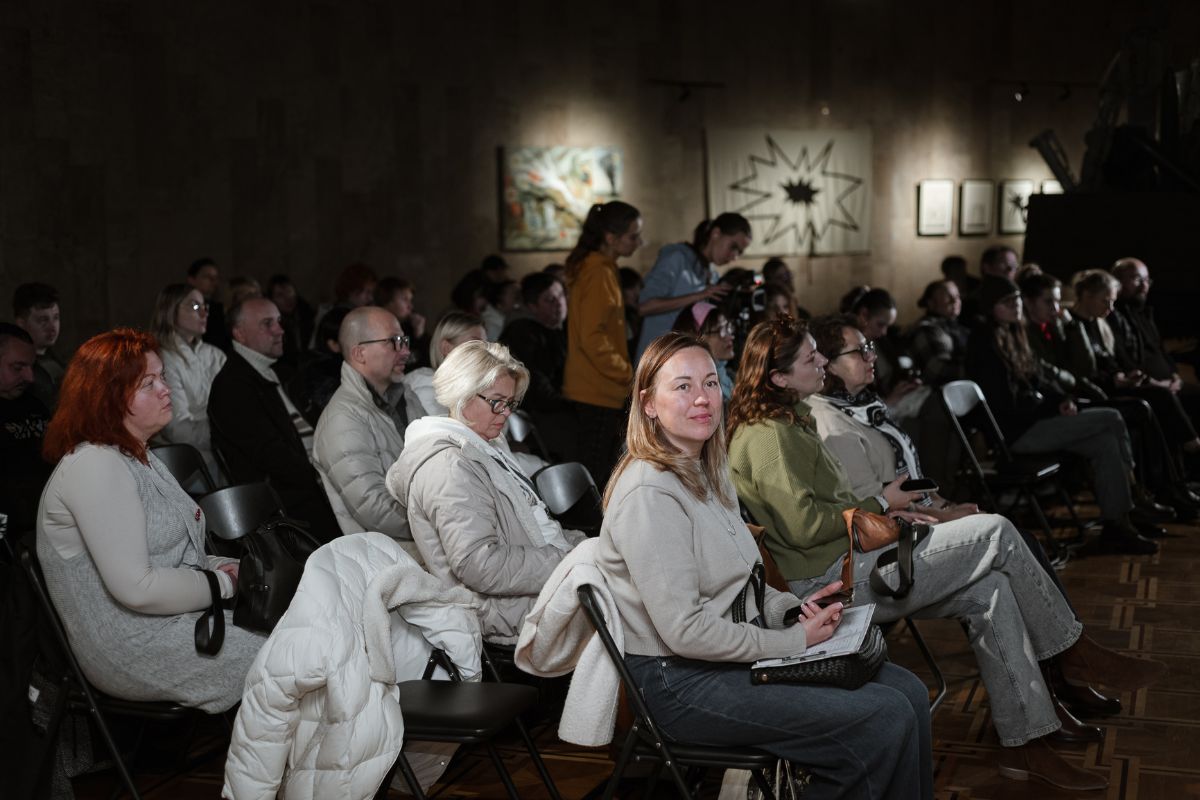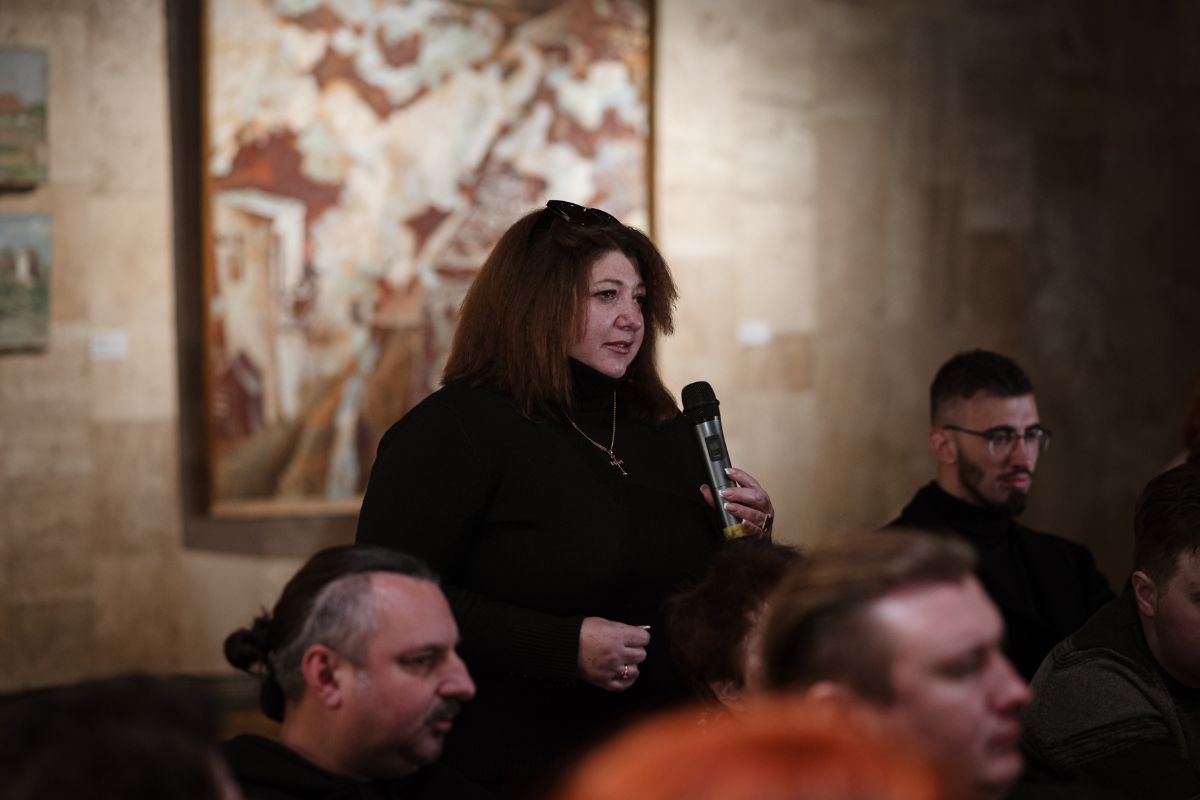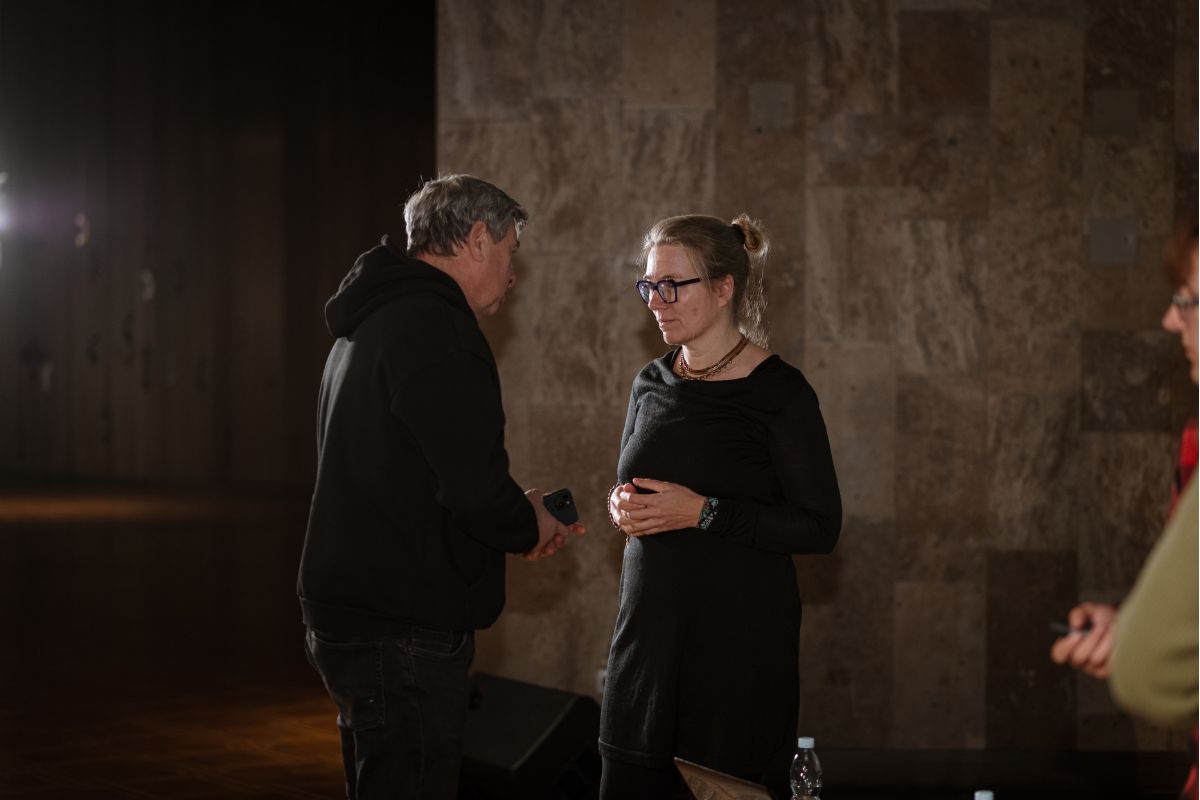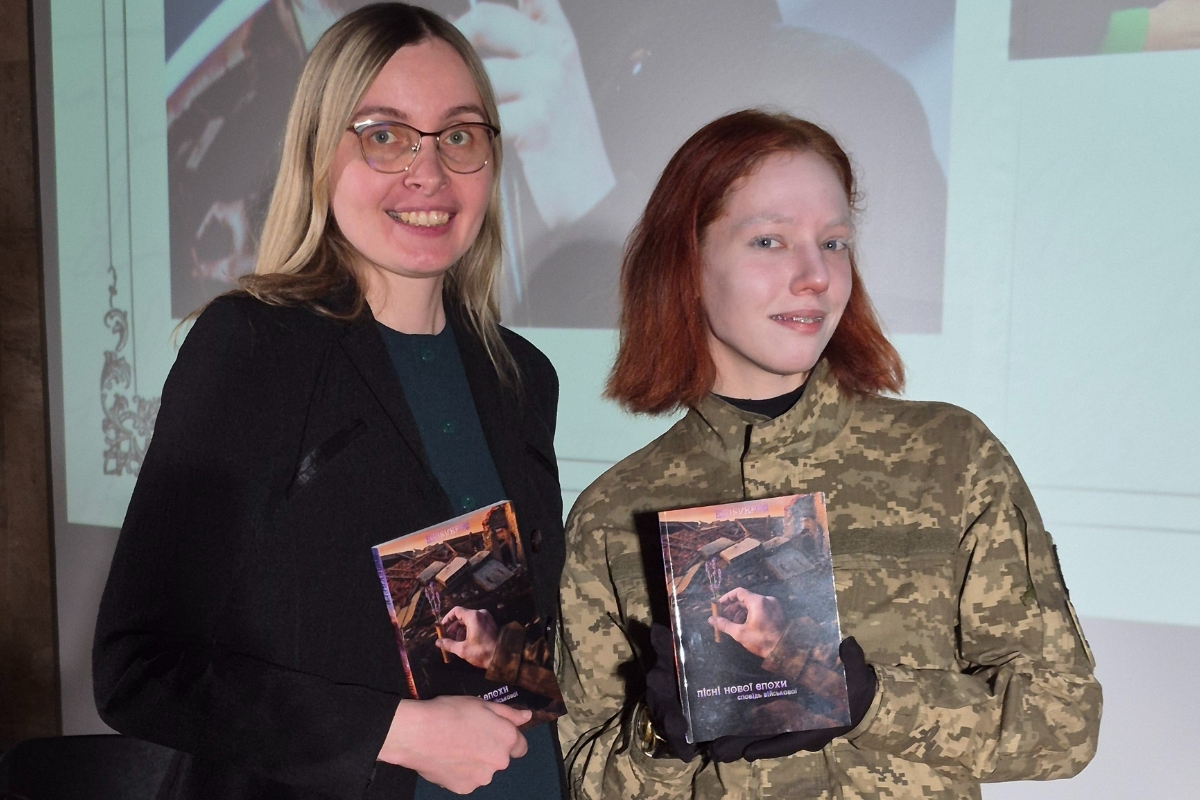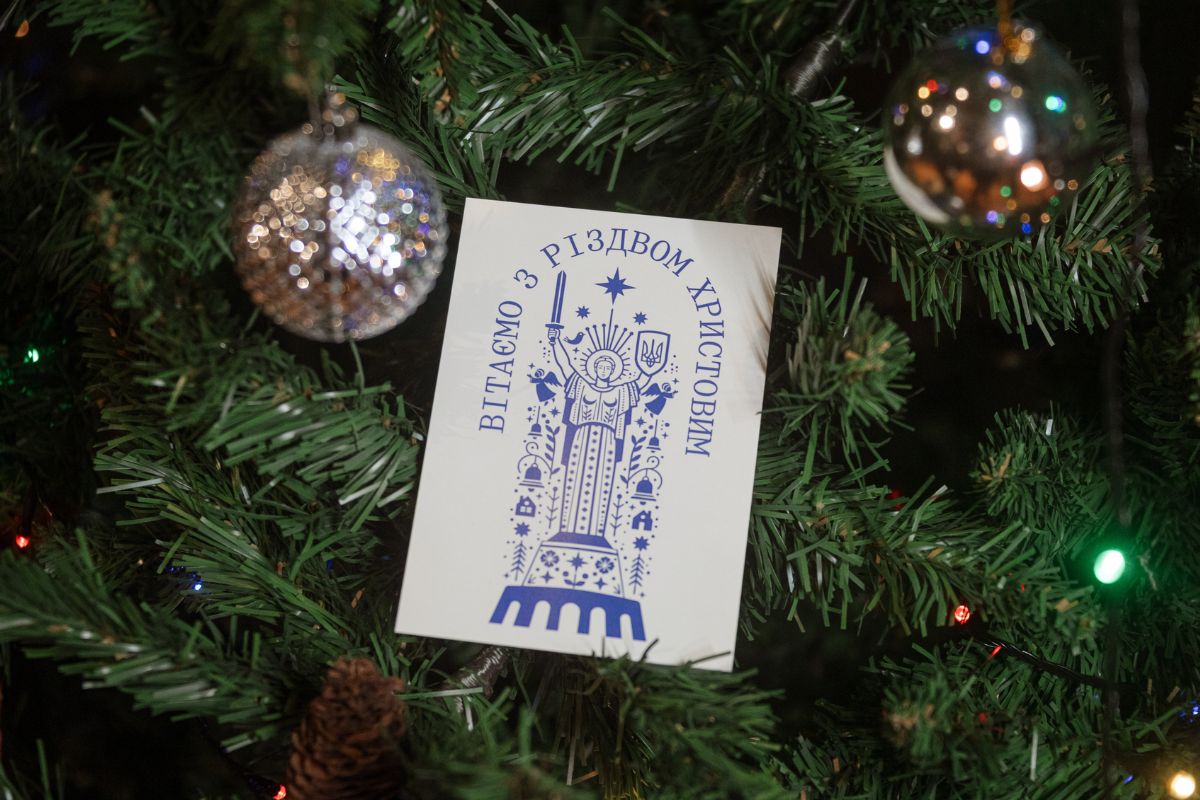At the War Museum, PhD Imke Hansen conducted a seminar, “Trauma-Informed Documentation for Historiography and Commemoration,” intended for museum employees and cultural sector specialists. Representatives of leading Kyiv museums and non-governmental organizations attended the meeting, eager to discuss ethical methods for collecting testimonies from people who have experienced violence, war, or persecution.
Imke Hansen, our guest from Germany, is a somatic therapy practitioner and a researcher of Eastern European history. For over 20 years, she has worked with people who have survived war and persecution, publishing works on the experience of violence and trauma. She is currently the director of the organization “Libereco – Partnership for Human Rights,” where she teaches trauma-informed interviewer techniques for documenting war crimes and trains on how to work with those who have survived captivity, torture, or combat trauma in Ukraine
In the seminar, Imke Hansen discussed how to honor the stories of victims without harming their well-being, how to responsibly document historical events while avoiding retraumatization, and how to support respondents so they feel safe recounting even the most painful memories. She emphasized the critique of traditional approaches that avoid “difficult” topics, which leads to an incomplete historical record. Instead, the expert presented trauma-sensitive approaches: recognizing signs of trauma and emotional tension during documentation; creating safe spaces for collecting testimonies; developing interview techniques that support the individual; establishing ethical boundaries for working with vulnerable groups; maintaining a balance between historical accuracy and human dignity; and self-protection and self-care practices for specialists during and after interviews.
The speaker stressed that when developing conversation scenarios with respondents, one must understand the potential quality of the collected material. If we conduct it in the style of an interrogation, the result will be different than if we choose the form of an open conversation.
During the event, Director General of the War Museum Yurii Savchuk noted that the Museum is a key platform for working with servicemen, veterans, and military families. He thanked Imke Hansen for conducting the seminar and emphasized that this meeting was an important step towards implementing the principles of accessibility (barrier-free approach) in museum activities and the responsible preservation of oral history testimonies.
